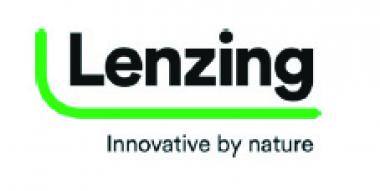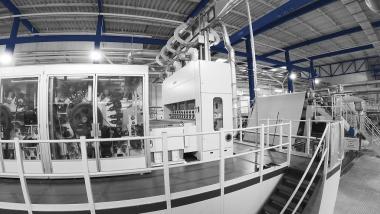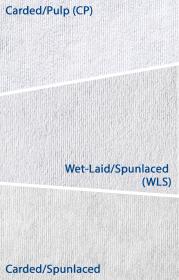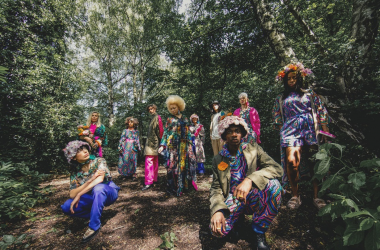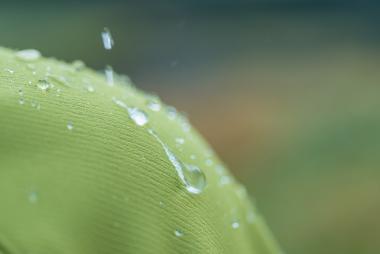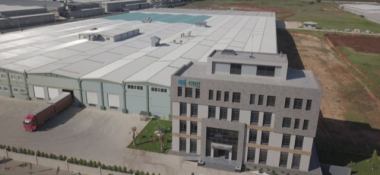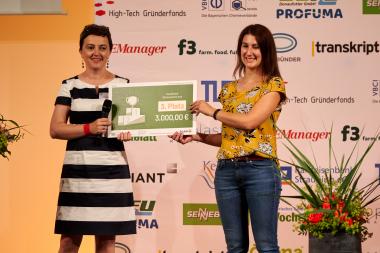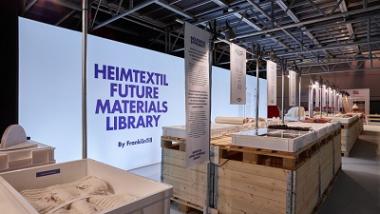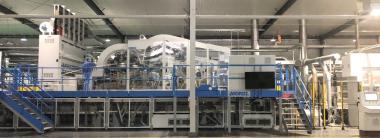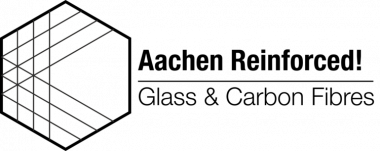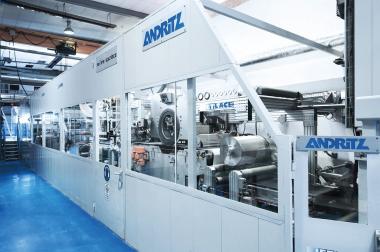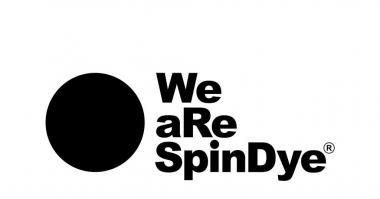Lenzing at FILO with TENCEL™ fiber
Lenzing will be at the 56th edition of FILO, taking place on September 29 and 30, in Milan, with its TENCEL™ fiber. Sustainability and ethical values will be the main focus of the event.
Furthermore, to delve deeper in the sustainable approach that drives Lenzing's production processes, on September 30, at 3.00 PM, a presentation with the title "Lenzing's biorefinery concept" will be held by Carlo Covini, Lenzing – Business Development Manager Italy & Switzerland. This will be part of the Dialoghi di Confronto segment set near the Networking Area.
Menabò Group


